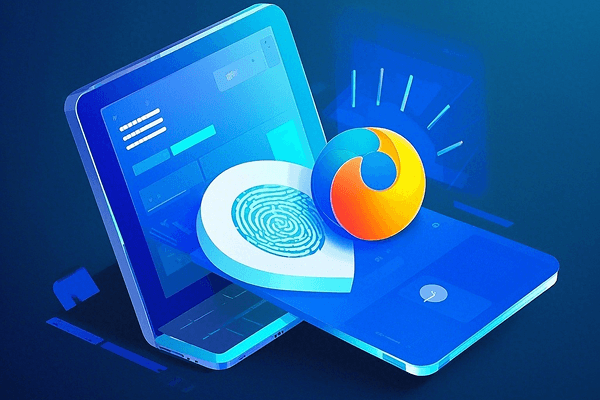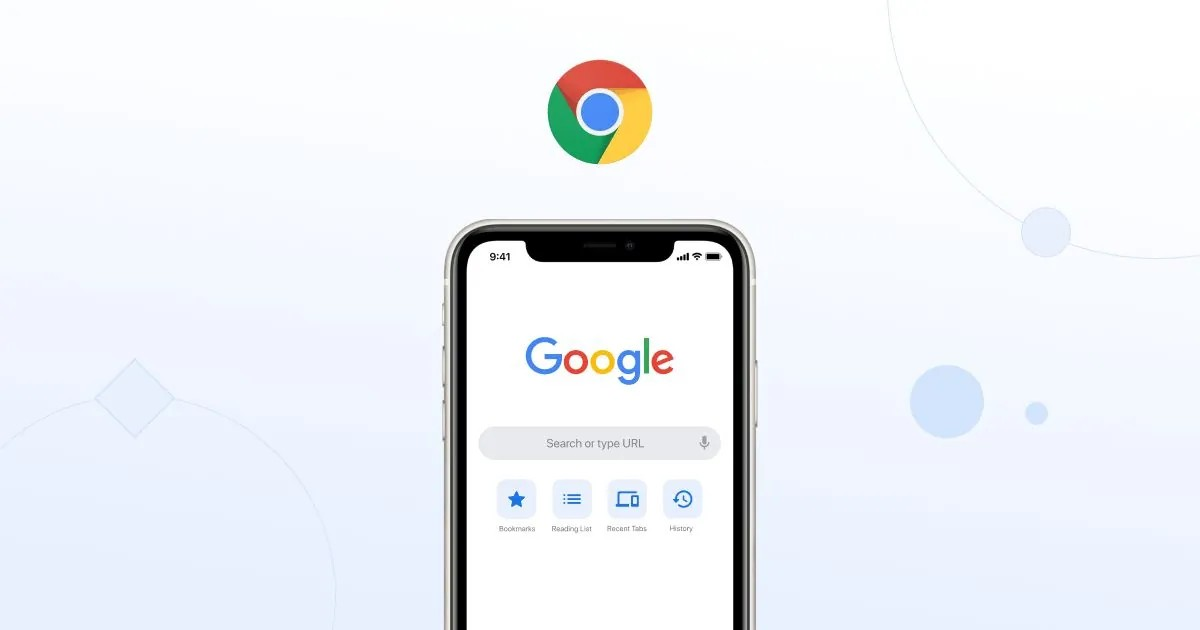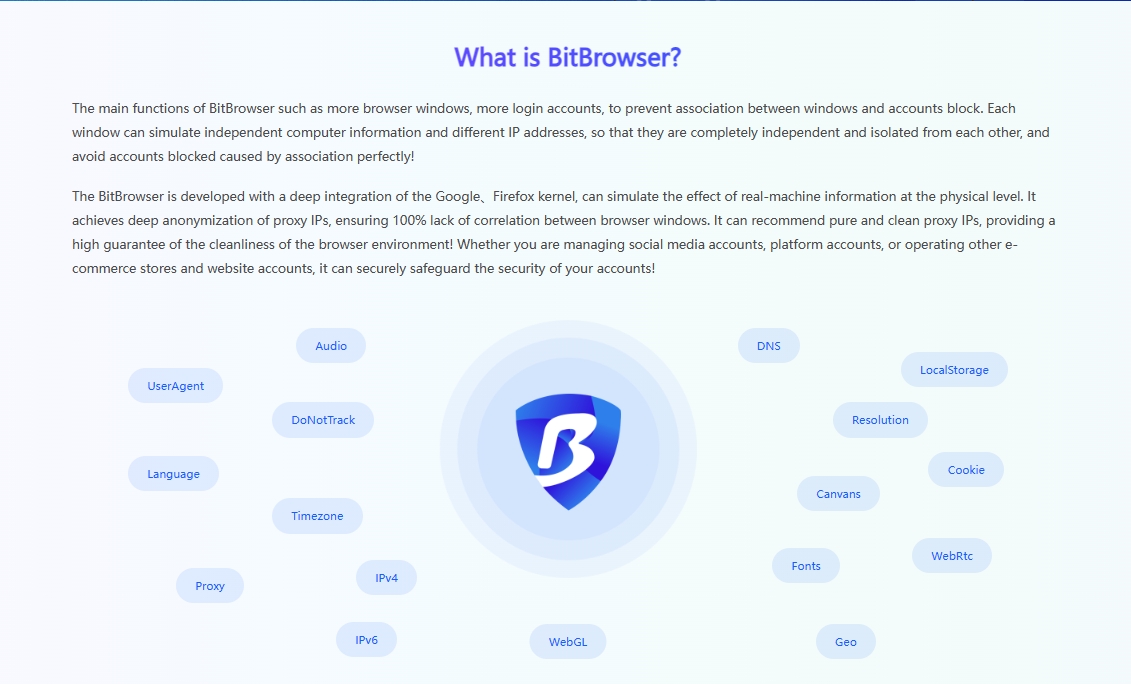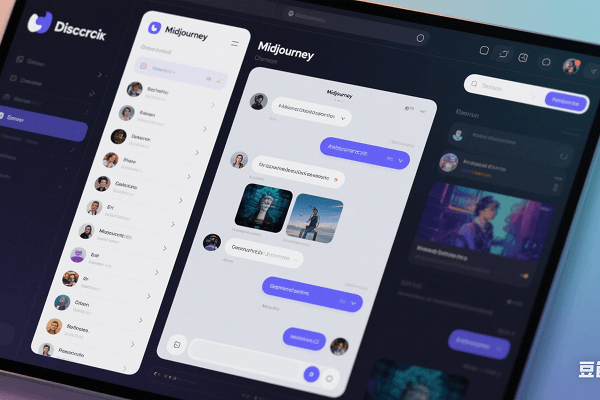
Hot Picks
How to run Facebook ads in 2025? Ideas

Hot Picks
How to promote on Amazon? Sharing various promotion methods

Hot Picks
Choose BitBrowser for fingerprint browsers, and look for the only official website: bitbrowser.cn
How to increase your privacy on Chrome?
Time: 2024-06-04 10:01 Click:
In today's information age, personal information protection has become an increasingly hot topic. Although technology giants such as Amazon, Apple and Twitter have been controversial from time to time due to information issues, Google's Chrome browser has stood out among many desktop operating systems with its unique confidentiality and personalized locking mechanism. This is no coincidence, but Chrome attaches great importance to the confidentiality and security of user data when it was initially planned.
Google data (bookmarks, browsing history, saved passwords)

Generally speaking, web browsers will keep all data on the device. This includes information such as your bookmarks, browsing history, and saved passwords. Nowadays, we browse the web through a variety of devices. For some people, it is quite troublesome not to be able to get their bookmarks, browsing history, etc. on all devices. This is one of the reasons why many people prefer to use Google Chrome, even though it may not be the most outstanding browser on a specific platform. Chrome is almost everywhere, and it can synchronize your data.
However, this is actually achieved by transmitting your data and storing it on Google's servers. If you're concerned about this, you can disable automatic syncing altogether by turning off the "Sync everything" switch in People > Sync. If you really care about having your data available on multiple devices at all times, you can choose to encrypt it with your own password. The encryption option is just below the sync all switch. You'll be asked to enter a password, and once you've set it up, you'll have to enter it on every device you want to sync on. It sounds like a hassle, but you only have to do it once. This way, you can ensure that no one can get to your data.
Data syncing has become a key component of the modern web browsing experience. Google Chrome not only allows you to sync personal data such as bookmarks, browsing history, and passwords across devices, but also provides strong encryption options to ensure the security of data transmission and storage. Users can decide to turn off the automatic synchronization function, or set a unique password to perform additional encryption operations on the data to ensure that personal privacy is not violated. You can also use the Google kernel to access in BitBrowser. BitBrowser can use the fingerprint information of independent browsers with independent IP proxy to avoid tracking and protect your information security.
Google location tracking

In the field of location tracking, Google Chrome is extremely respectful of users' privacy. It will only ask whether to allow location information to be obtained when the website needs it, and users can turn off this function in the browser settings at any time. In addition, Google Chrome also supports separate control of location access rights for specific websites, allowing users to control the sharing of personal information more finely. When filling out online forms, Google Chrome's auto-fill function does bring convenience to users. But if users do not want Google Chrome to retain sensitive information such as addresses and phone numbers, they can easily turn off this function in the browser settings. Similarly, Google Chrome also allows users to manage saved payment method information to ensure the financial security of users. Of course, you can also use BitBrowser. BitBrowser will simulate the geographic location information of the proxy IP to protect you from information leakage caused by Google tracking.
Cookie data

Google Chrome provides a wide range of control options for the use of cookies. Users can limit the storage of third-party cookies according to their own needs, or decide to clear all local data when exiting the browser. These settings help reduce unnecessary tracking and advertising harassment, and improve the user's web browsing experience. On Chrome, in addition to the privacy settings mentioned above, there are some additional security features worth turning on. For example, the "Safe Browsing" feature can automatically detect and warn users of malicious websites they are about to visit, and the "Do Not Track" feature helps prevent websites from tracking users' online behavior. At the same time, users can also turn off some settings that may lead to privacy leaks according to their own needs, such as microphone and camera access permissions. In BitBrowser, you can independently control the browser's cookie data to support the import and export of cookies, and prevent privacy from being obtained due to cookie information leakage.
Summary:
Chrome has made remarkable achievements in privacy protection, providing users with a wealth of control options and powerful security features. By setting these privacy and security options reasonably, users can more effectively protect their personal information and browsing experience. You can also take precautions in advance through BitBrowser. BitBrowser provides a completely independent browser environment that can maximize your privacy protection. Download BitBrowser now and get ten permanent free windows immediately.

 Multi-Account Management
Multi-Account Management Prevent Account Association
Prevent Account Association Multi-Employee Management
Multi-Employee Management



